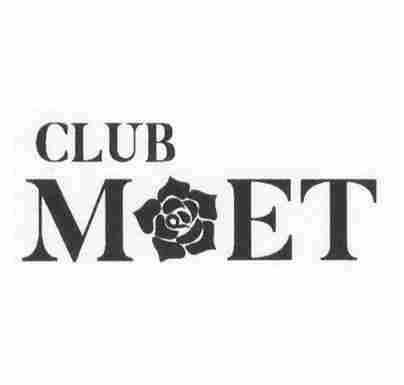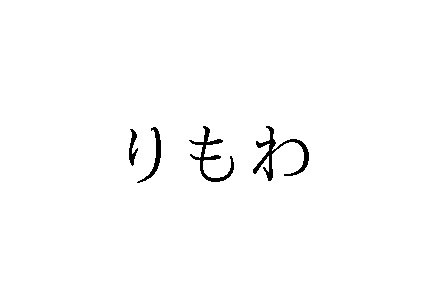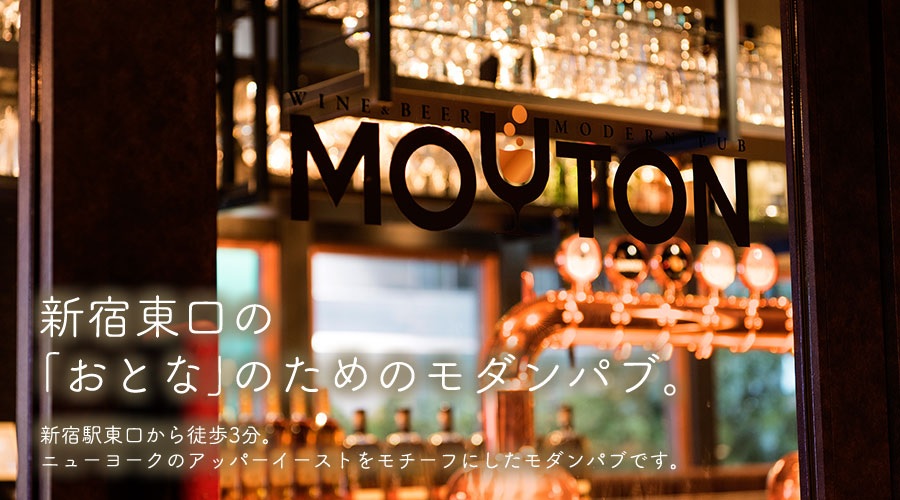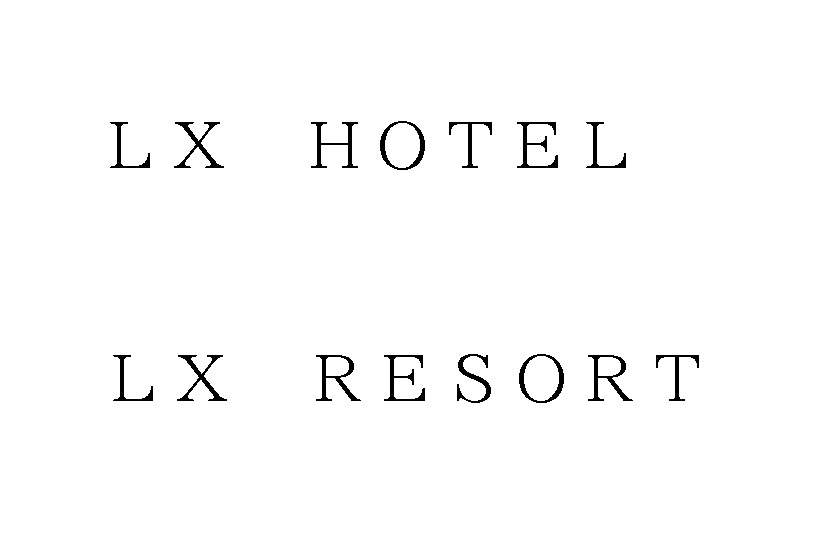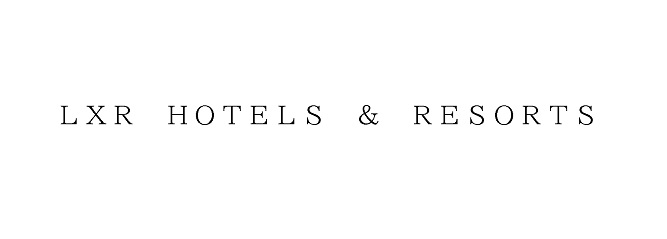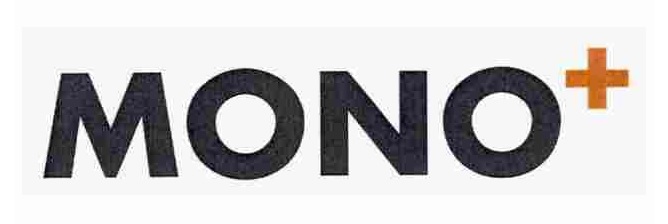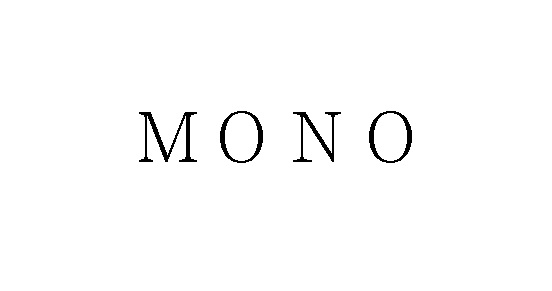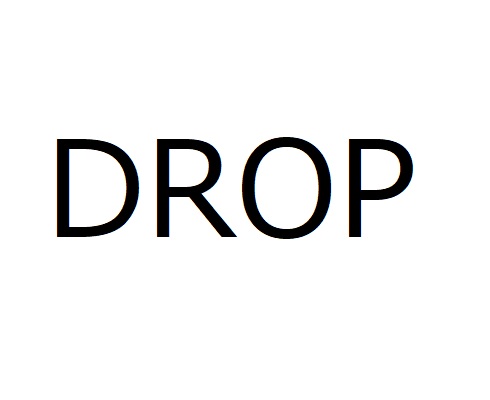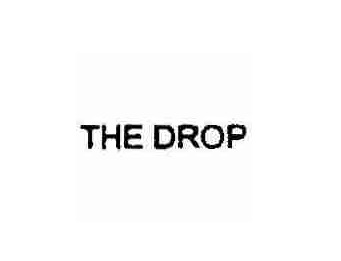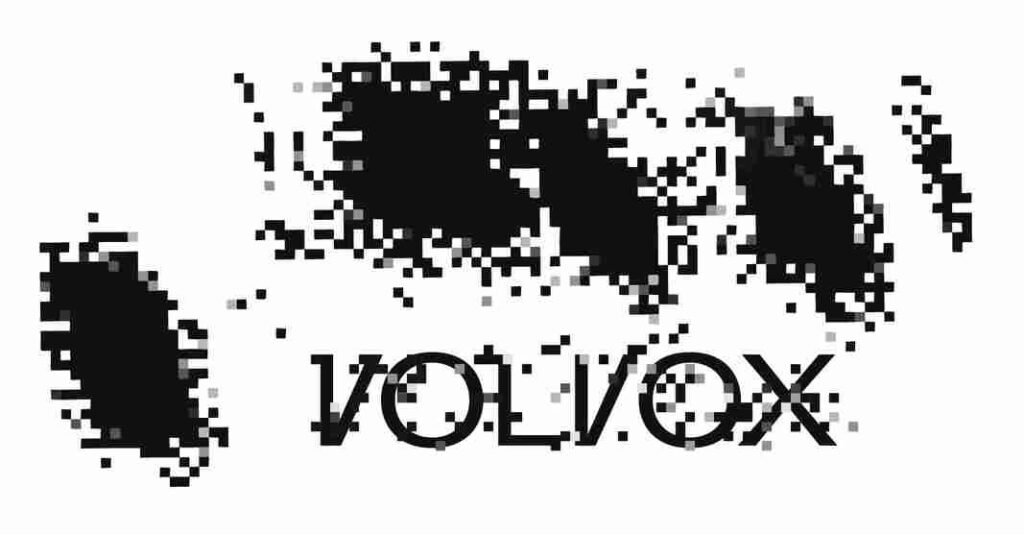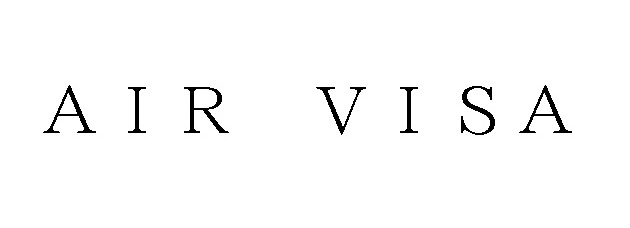The revised Japan Trademark Law will come into effect on April 1, 2024, introducing the “Letter of Consent” as a means to overcome conflicts with earlier trademark registrations.
However, the Japan Patent Office (JPO) recently announced that evidence must be provided in addition to a consent letter obtained from the earlier registrant when applying Article 4(4) of the Japan Trademark Law. This evidence must convince the JPO examiner that there is no likelihood of confusion between earlier and junior marks, not only at present but also in the future.
Article 4(4) of the Japan Trademark Law, which is newly introduced in April, states:
Trademark applications will not be rejected under Article 4(1)(xi) as long as the applicant obtains consent from the owner of the cited mark and it is unlikely to cause confusion with the cited owner or its exclusive or non-exclusive licensee when used on goods or services designated under the application.
Trademark examination guidelines for Article 4(4) provides:
- The requirement of being ‘unlikely to cause confusion’ must be satisfied not only at the time of the JPO examiner’s decision, but also in the future.
- To satisfy the requirement, the following factors will be assessed:
- Similarity between marks
- Recognition of mark
- Uniqueness of mark
- Significance of mark (House mark or product brand)
- Possibility of business expansion
- Relatedness of goods and service
- Consumers
- Trade practices involving actual use of mark
- Where both marks are identical and used on same goods and service, the examiner will find “likely to cause confusion” in principle.
- Applicant will be required to provide evidence to demonstrate unlikelihood of confusion based on actual use of both marks. For instance,
- Different color, font or combination between literal element and figurative element of respective mark
- Different position to place the mark or to accompany with other distinctive mark
- Difference in speific purpose or price of respective goods
- Different sales channel
- Different seasons to use the mark
- Different territory to use the mark
- Mutual covenants to take necessary actions if confusion is likely to occur between the marks
- An agreement between the parties not to change the present use or configuration of both marks in the future will be required to strengthen the unlikelihood of confusion in the future.
It is important to note that “letter of consent” is not available to trademark applications filed with the JPO before April 1, 2024, even if they are pending examination.
Similarly, international registrations that were registered at the WIPO or subsequently designated to Japan before April 1, 2024, can’t make use of the consent.

